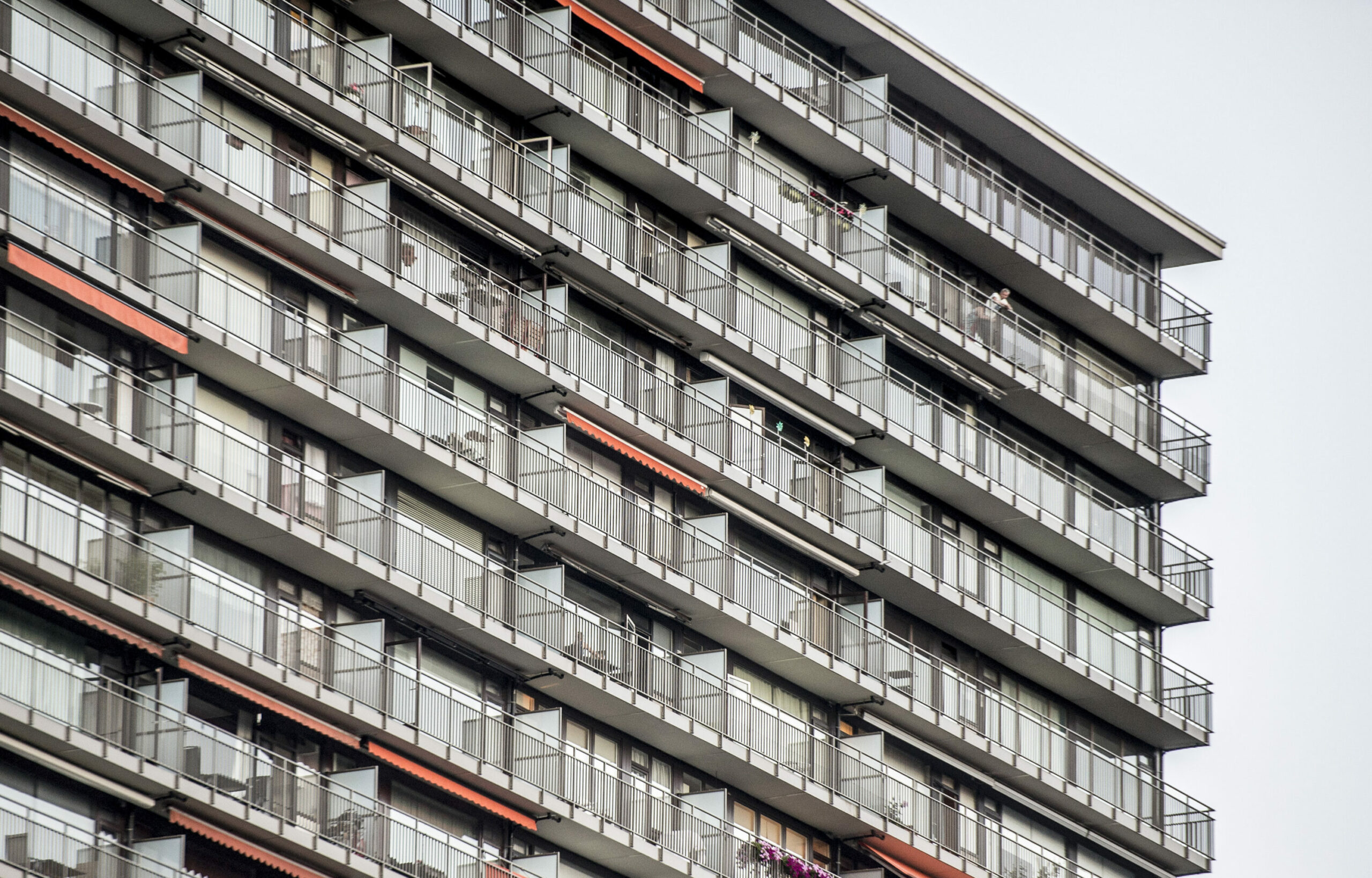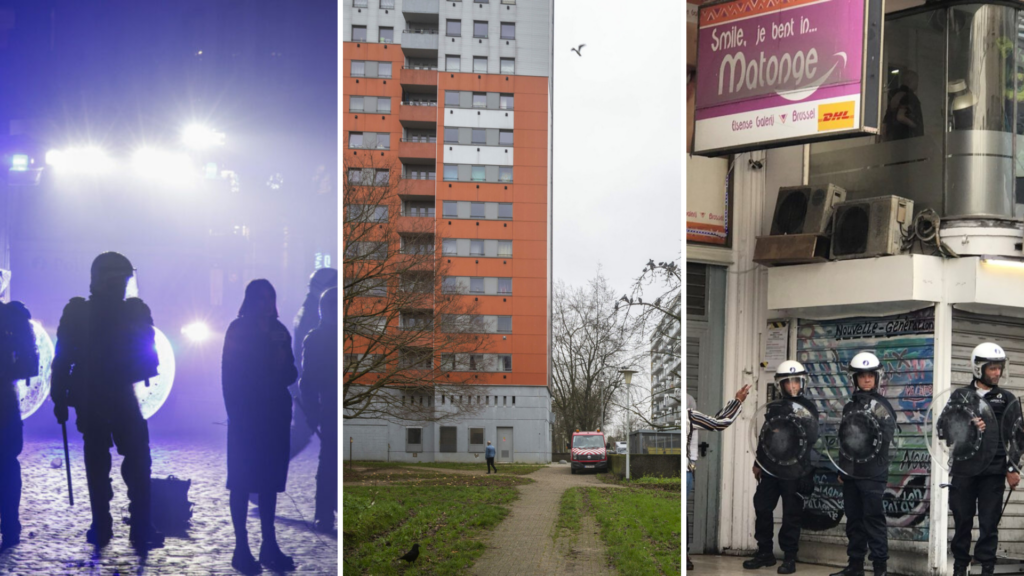What's the plan to deal with crime? The wave of violence that hit the city last week has posed tough questions for the security forces, but getting a definitive response is like drawing blood from a stone.
This sort of violence is nothing new in Brussels, steps have been taken to combat it in the past. But clearly these aren't enough to prevent gang wars from playing out in public. Not even close, you might argue, if there is such disregard for police that people can visibly carry assault rifles in metro stations.
Various structural issues create such a hotbed for criminal activity – complex problems that interlink to make tackling the gang wars so hard. But there's a point where the public starts to ask What are you going to do about it? rather than being fed a detailed account of why the situation is such as it is.
Answering these questions is undeniably difficult, but such is the onus of a position of responsibility. Officials in Brussels are adept at deflecting responsibility, explaining the limits of their authority, which never seem to quite encompass the problem at hand.
Yesterday, the Mayor of Anderlecht told The Brussels Times that the shootings that took place in his commune were not a local issue, highlighting the national dimensions that call for a response at a higher level. Last year, the Capital Region introduced a "hotspot" system that identified 15 key areas where police would concentrate efforts. But Clemenceau and Peterbos, where the shootings took place last week, are designated hotspots and still were the site of shootings – Clemenceau on two consecutive nights.
So is there an actual strategy? Or is it just marketing? And who will actually answer these questions? We'll keep you posted.
Belgium in Brief is a free daily roundup of the top stories to get you through your coffee break conversations. To receive it straight to your inbox every day, sign up below:
1. Brussels drug violence: Is the ‘hotspot’ strategy failing?
A spate of shootings last year led to the creation of the 'hotspot' strategy. Has the measure made a difference to security in Brussels? Read more.
2. Property prices: Woluwe-Saint-Pierre and Ixelles are Brussels’ costliest communes
Brussels remains the most expensive Belgian region to buy a flat and a house. However, prices vary significantly per commune. Read more.

3. Train unions threaten to strike for full working week at end of month
A national strike could be held from 22:00 on Sunday 23 February until 22:00 on Friday 28 February for all train drivers and shunters. Read more.
4. European Commission gives Belgium until mid-March to submit budget plans
Belgium should have submitted a structural plan back in September, but this was delayed due to the government formation negotiations. Read more.
5. Severe delays and traffic jams on Belgian roads due to unexpected snow
Throughout the night, rain turned to snow, resulting in exceptional traffic jams across Flanders on Tuesday morning. Read more.
6. Cold weather pushes European gas price to highest level in two years
The cold weather is due to continue, which will further deplete EU gas reserves – already at their lowest level since the start of the energy crisis in 2022. Read more.
7. European school teachers in Brussels to strike against unfair contracts
"They come to Brussels, start a life, buy a house and three years later they have lost half their salary. How should they organise their life then?" Read more.

